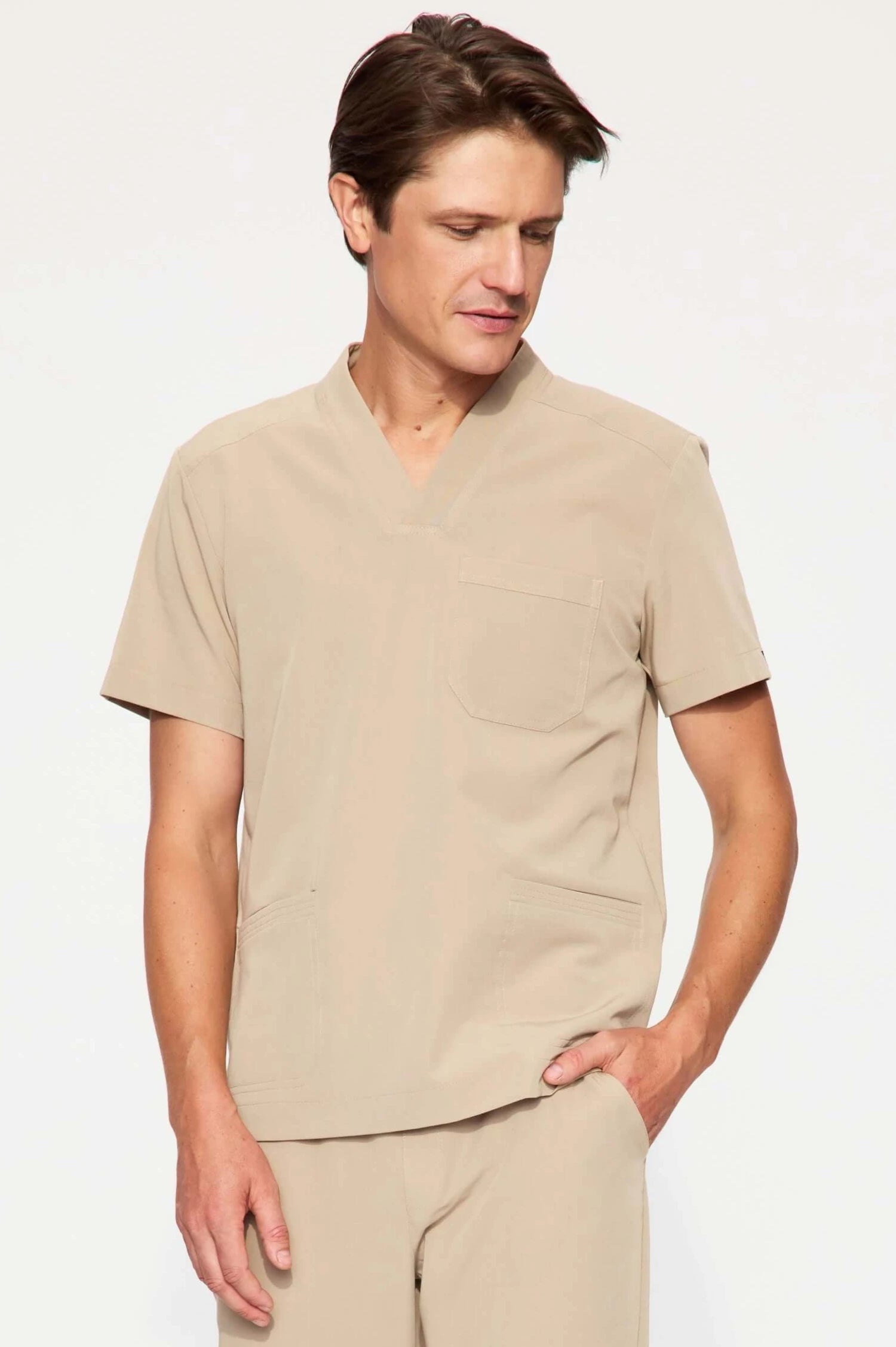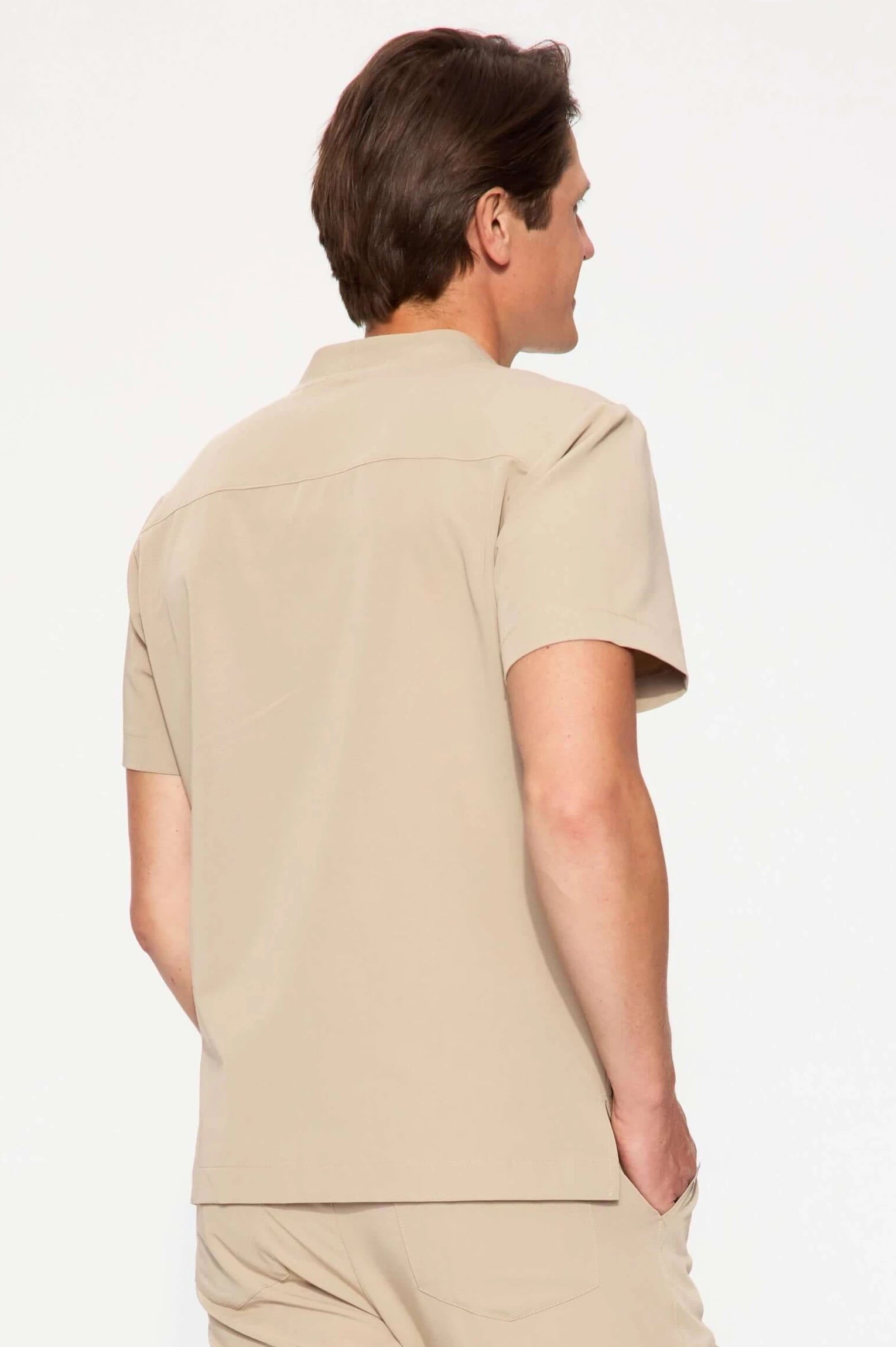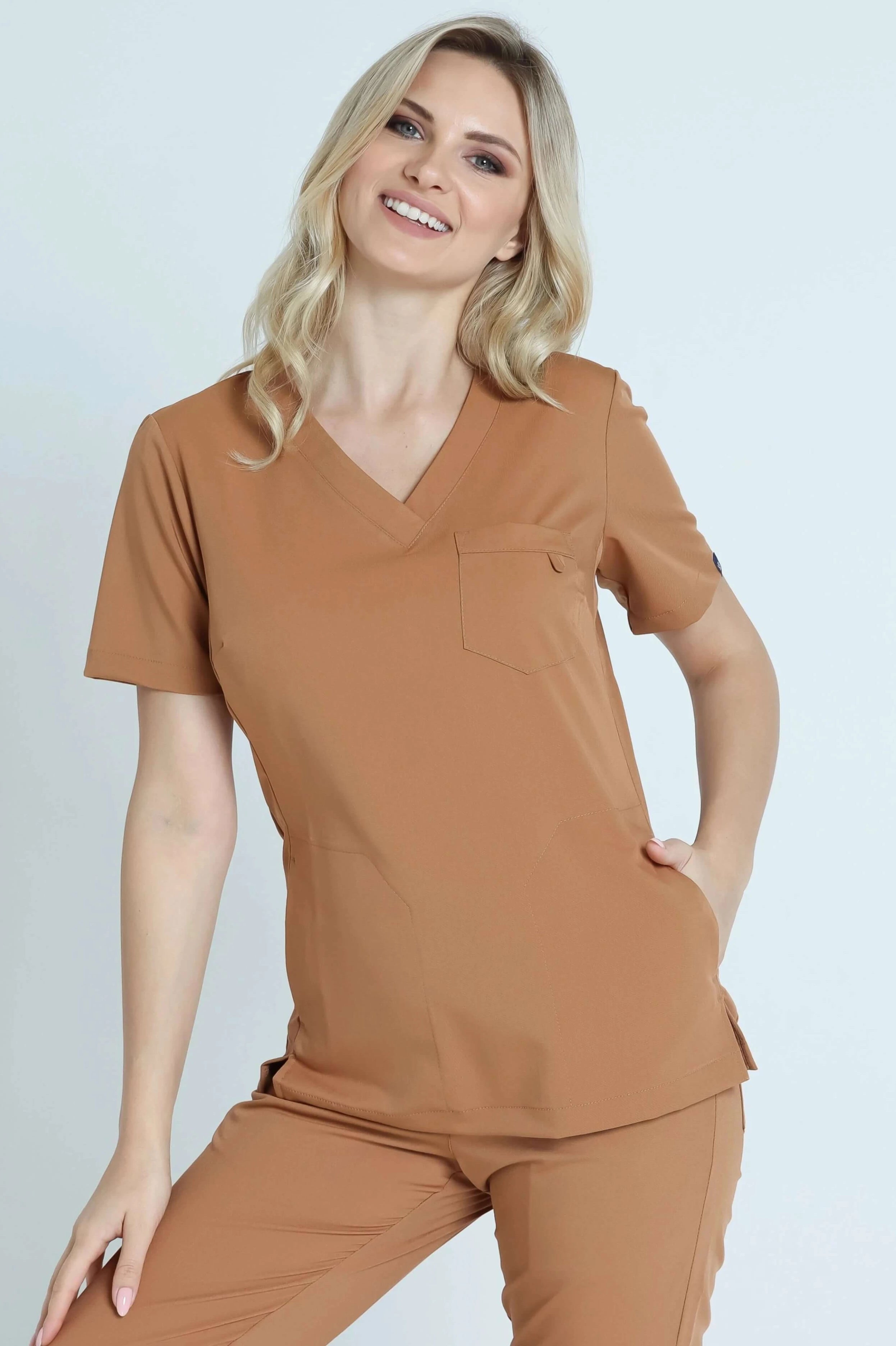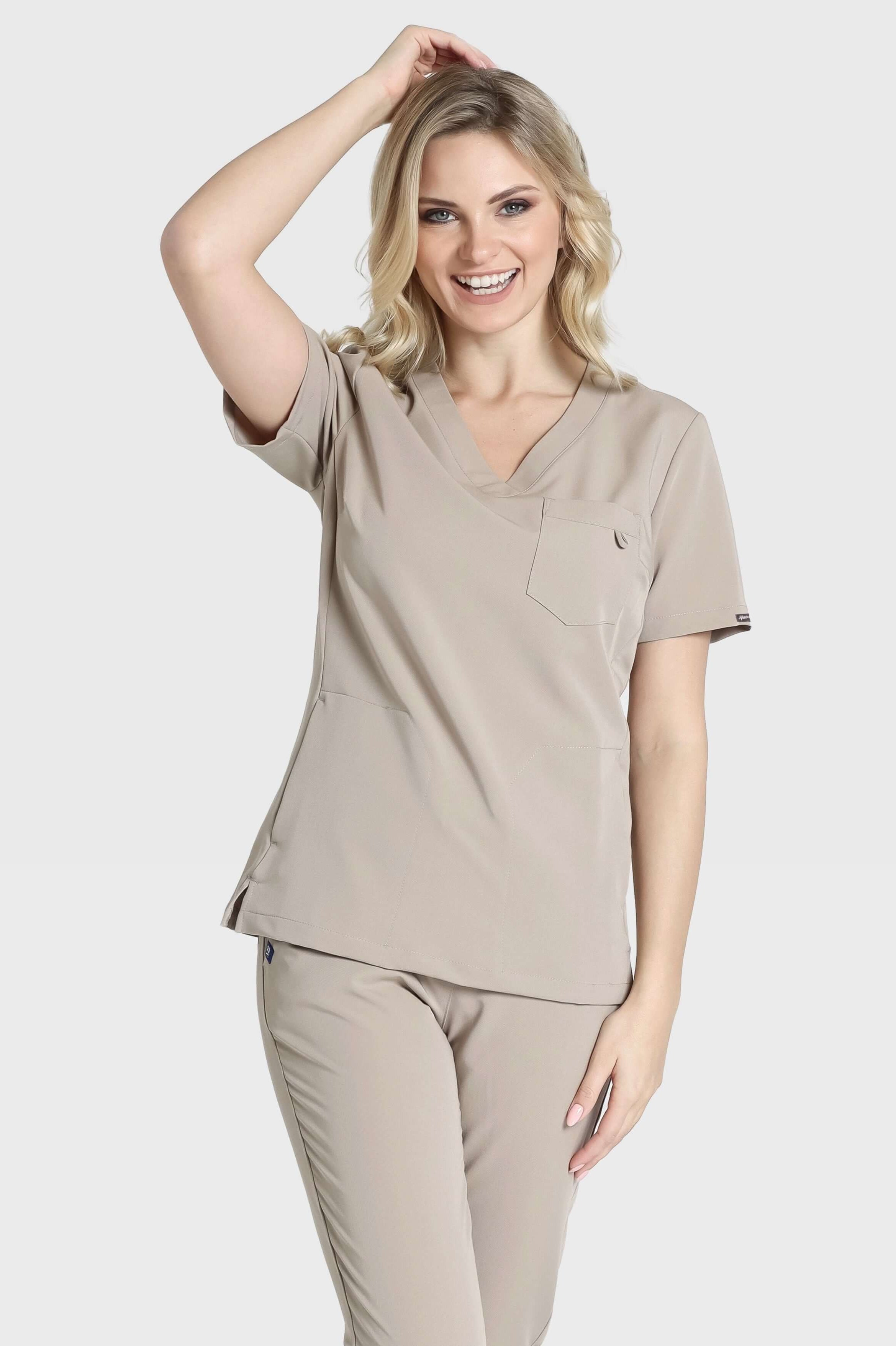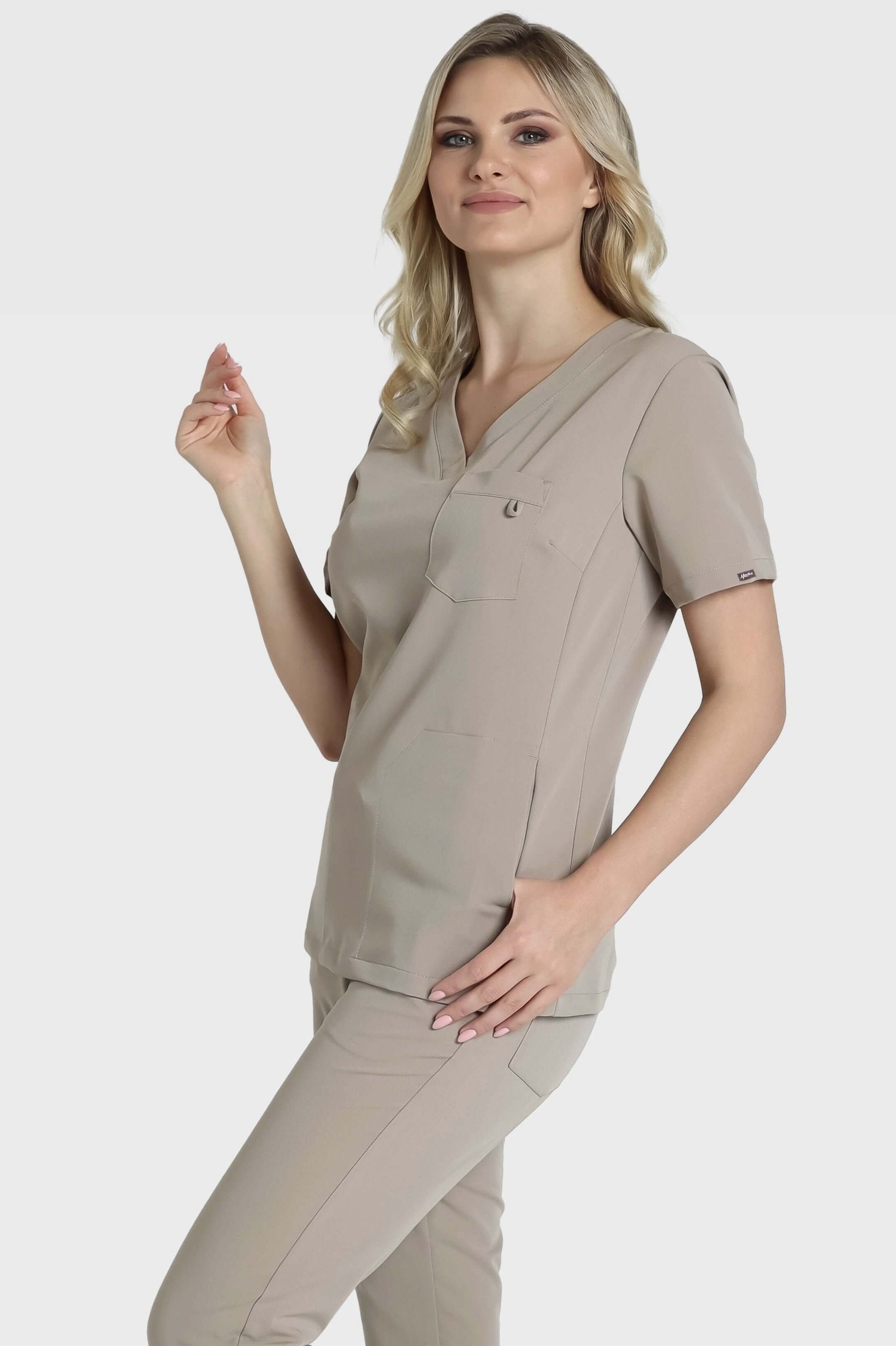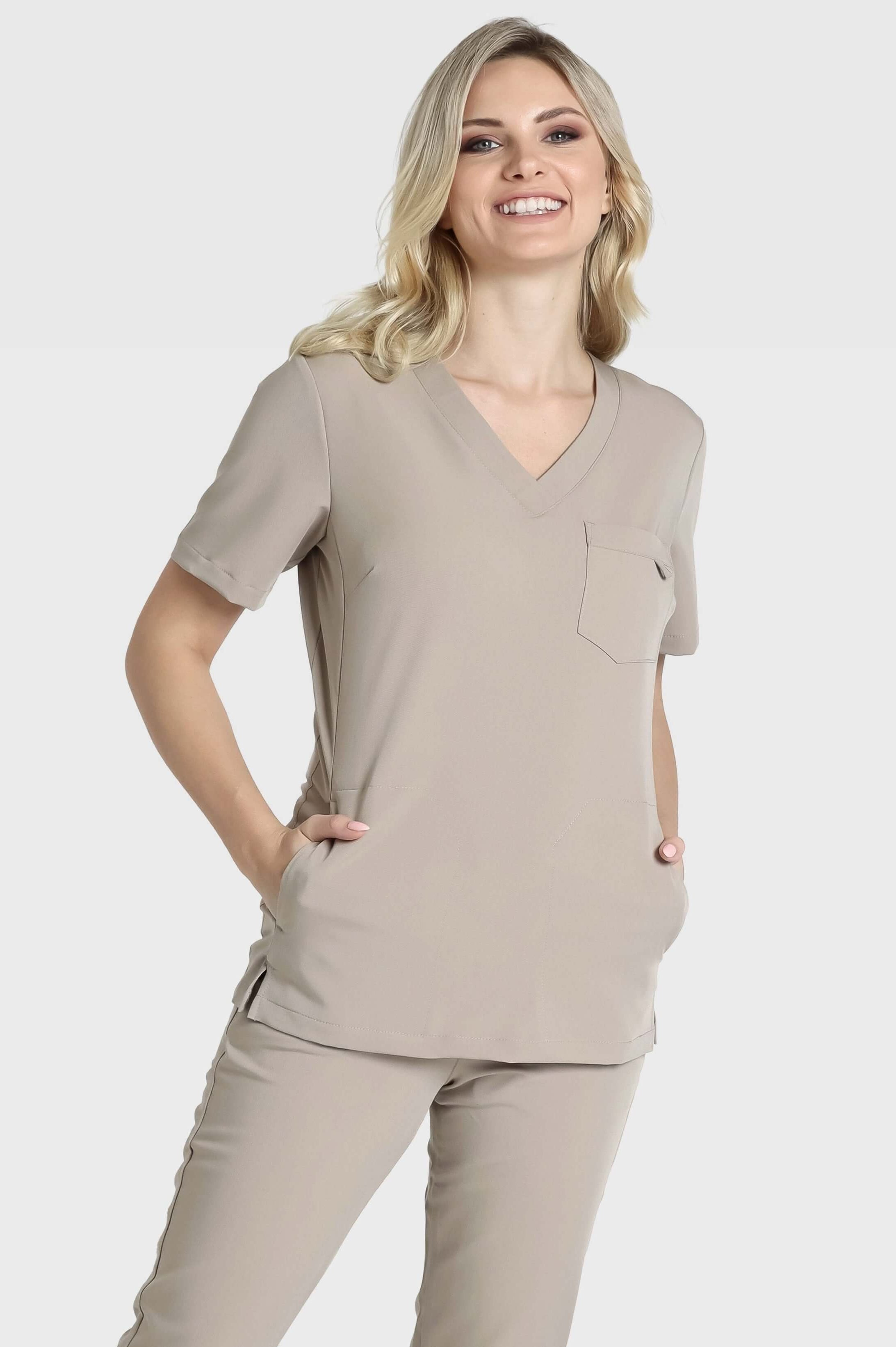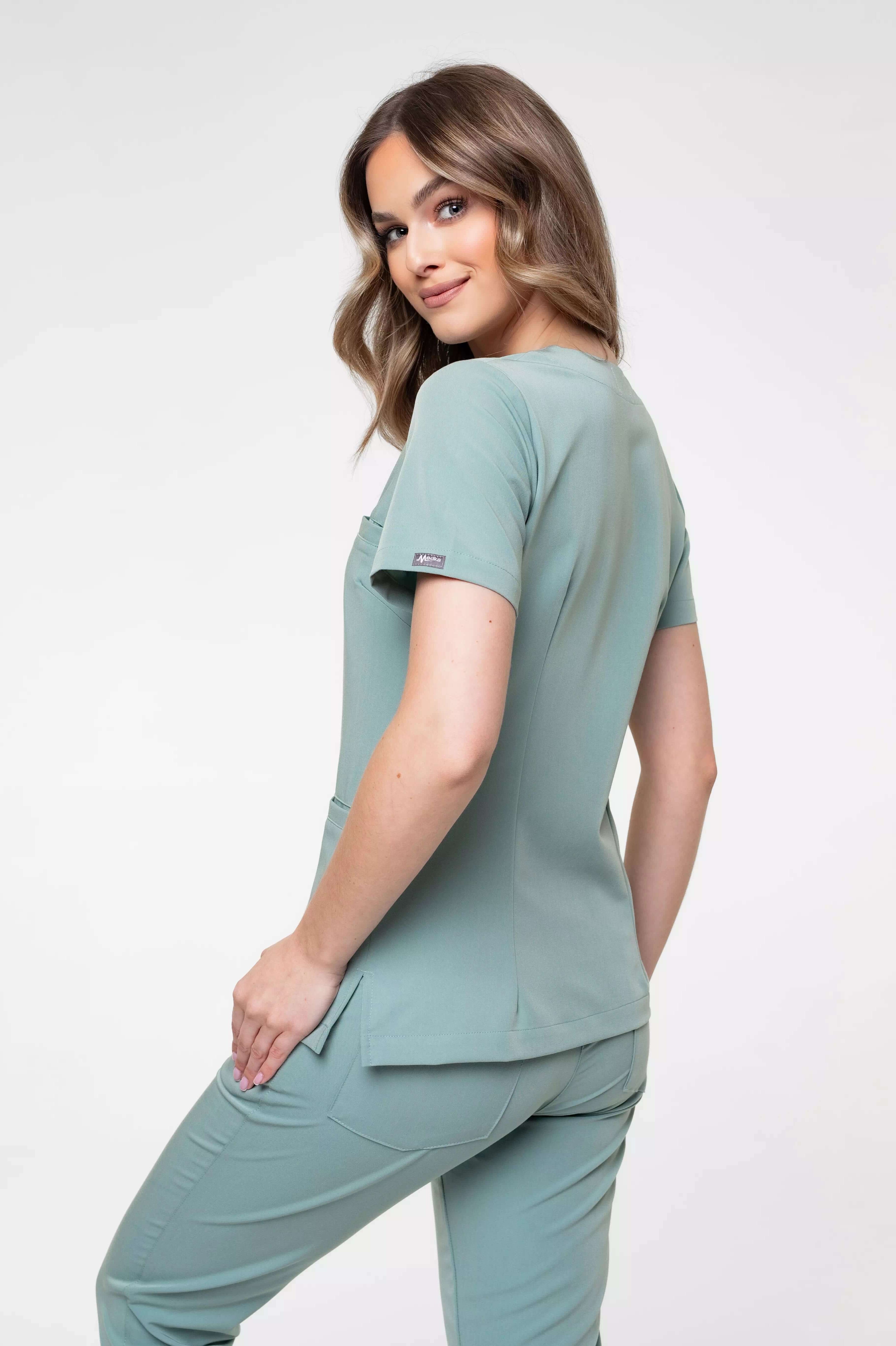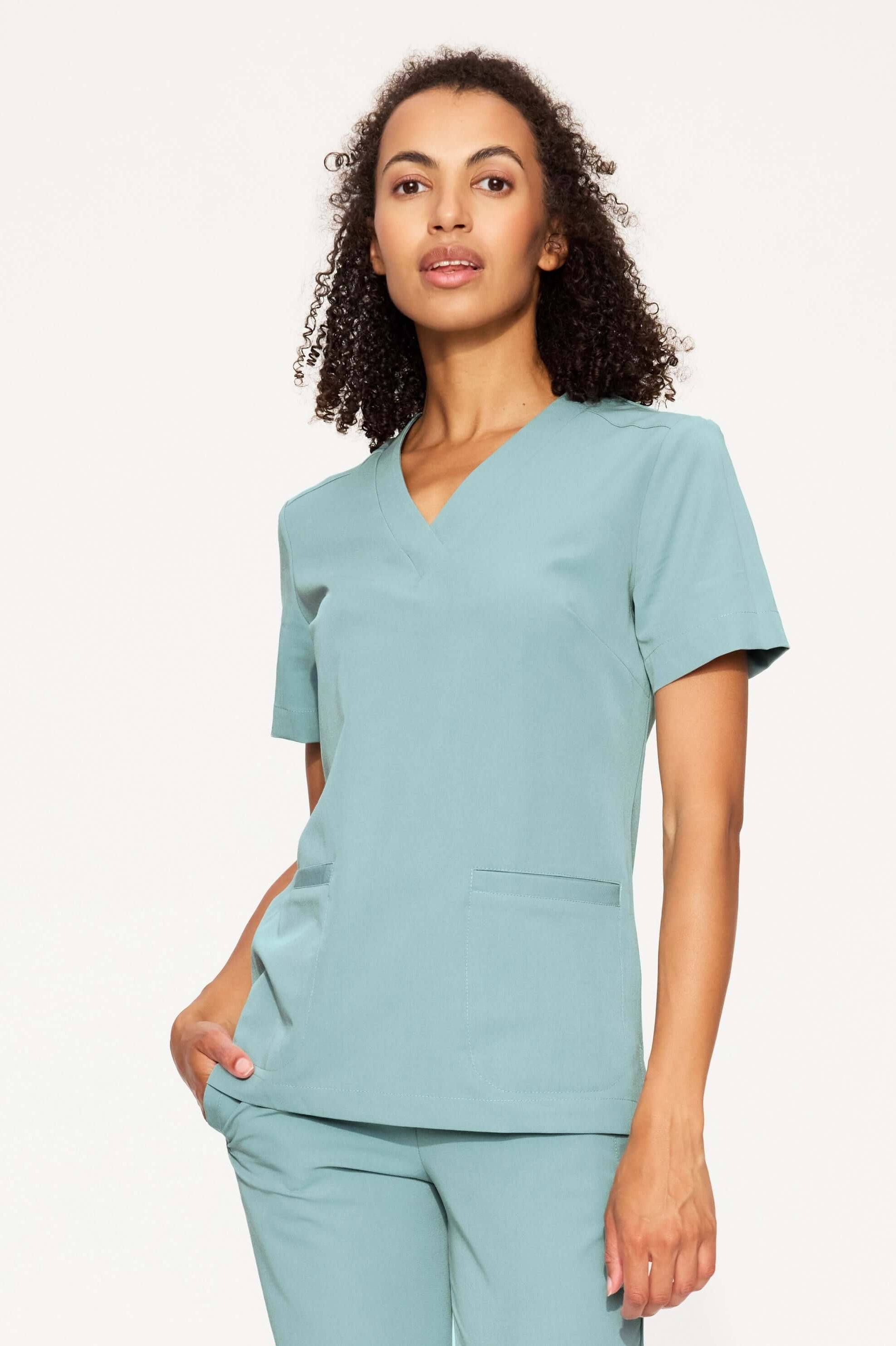The profession of veterinarian is not only a beautiful and full of satisfaction, but also a responsible and demanding profession. Vets every day care about health, comfort and safety of animals, from dogs and cats, through horses and cattle, to exotic species. It is thanks to their knowledge and sacrifice that sick, injured, and often even wild animals can count on help in the most difficult moments. But what does the path to this profession look like? What steps do you need to take to become a qualified veterinarian? If you are interested in how to become a veterinarian, in this article you will find answers to the most frequently asked questions about education, necessary skills, as well as career paths and specialization that this fascinating profession offers.
Who is the vet and what does he do?
A veterinarian is a specialist who cares for the health and well -being of animals. He conducts diagnostic tests, deals with prevention, treatment of diseases, and also performs surgical procedures. The vet not only treats animals, but also explains to their carers what happens to their pets, helping them understand what their mentee goes through and help him best.
What education is required to become a veterinarian?
1. Medium school with extended biology and chemistry
The biological and chemical class will properly prepare all aspiring veterinarians to write an extended matura exam of these subjects at a good level (points in these exams will be important when recruiting for studies)
2. Veterinary study
They last 5.5 years and include both theoretical and practical classes.
3. Student practice
Veterinary students in Poland must undergo apprenticeships during their studies. These practices are divided into various stages of education and cover a variety of aspects of the veterinarian work, such as diagnostics, surgery, health prevention or work in laboratories.
4. Professional entitlements
The right to practice a veterinarian in Poland gives District Chamber of Medicine and Veterinary.
Veterinary specializations - how to choose the right one?
After graduation, veterinarians can choose different specializations that will allow them to focus on the selected field of animal treatment. The title of specialist in a given veterinary field is suitable for a veterinarian who:
- he performed the profession of a veterinarian for at least two years,
- He completed specialization training in accordance with the program
- passed exam specialization.
He admits a specialization Committee on the specialization of veterinarians
What are the prospects of working in the profession of a veterinarian?
The profession of veterinarian offers many work opportunities. Graduates can take up employment in:
- Private clinics and veterinary offices - the most popular workplace.
- Veterinary Inspection - veterinarians can act as inspectors, controlling animal breeding conditions and compliance with the regulations.
- Non-profit organizations-some foundations offer employment for veterinarians who want to help wild animals or homeless animals.
- Scientific research - veterinarians can work at universities, conducting research and developing new treatment methods.
What skills are useful in the work of a veterinarian?
- empathy and understanding
Understanding the needs of animals and empathy allow not only to effectively diagnose and treat, but also build a relationship based on trust.
Equally important is empathy towards animal carers who often worry about the health of their pets. The vet should be able to explain the situation and comfort the owner in a simple and understandable way when needed.
- interpersonal communication
The ability to effectively communicate with animal carers is crucial, because the veterinarian must explain complex medical issues in a simple language, as well as give advice and clearly inform about treatment options and possible costs.
Often veterinarians also act as advisers in the field of care and preventive health, which is why the ability to convince and educate is extremely important.
- Stress resistance
Working with sick animals, especially in emergency, can be stressful and emotionally burdensome. The vet must be able to remain calm, even when the situation is difficult to be able to make quick and accurate decisions.
- quick decision making and problem solving
In the work of a veterinarian, like every other doctor, you often need to solve sudden problems - from complications during surgery to unexpected reactions to medicines. Therefore, the ability to analytically think and quickly adapt to changing circumstances is necessary and can often even save lives.
Veterinarian's outfit - what does it look like and why is it so important?
The vet's outfit plays not only a protective, but also practical role, ensuring comfort and hygiene while working with various animals. The standard outfit of a veterinarian includes convenient Scrubs (medical sweatshirt with short sleeves and classical medical pants or joggers), comfortable shoes, as well as protective accessories such as gloves, masks and sometimes protective glasses.
The veterinarian clothing should be functional, airy and properly stretchy to enable the freedom of movement, which is necessary with the patients. In veterinary clinics, there is also often a outfit in the form of colorful medical scrubs, which make the staff look more affordable - which can calm stressed owners and animals.
Eagerly chosen colors of uniforms for veterinarians are:
- Shades of green and blue
These colors are the most universal and most common in the medical industry, and also have a calming effect not only on humans, but also animals.
Green and blue also have the advantage that they mask small spots and dirt well, which can appear while working with animals, which helps to maintain aesthetic appearance during the day.
- bright pastel shades
Such a outfit can be pleasant to the eye and more accessible to the owners, because it helps reduce stress in animals and their carers, creating a friendly atmosphere in the office.
- Black or graphite
Depending on the preferences and type of animals with which the veterinarian has to deal with, dark shades such as black or graphite are often chosen, due to practicality. They also deserve attention medical scrubs about a heterogeneous texture on which dirt or hair are less visible
You can find these and many other scrubs colors in the store medical clothing www.medka.eu
Although the path to becoming a vet is difficult, it gives great satisfaction, especially when you manage to help needy animals. What's more, this profession allows for specialization and finding your professional niche, regardless of whether it is work with small pets, exotic reptiles, or in the breeding sector. Thanks to this, you can find your place, which best suits interests and skills, making a veterinarian not only a career path, but also professional and personal fulfillment.






